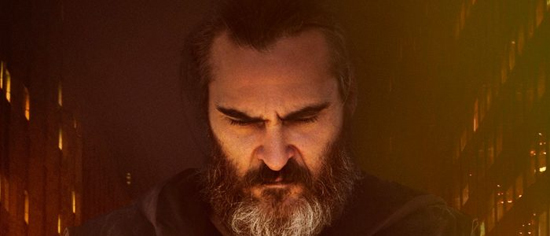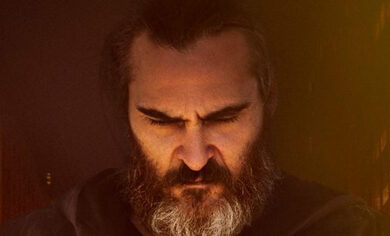2018, WE HARDLY KNEW YE
Well, it’s currently a couple and a bit weeks until the end of 2018, which means it’s time to take stock and have a rewind over what was truly the best film music of 2018, as relevant to The Quietus and its more independent prism. If you hurry you could get some of these for Christmas.
10. LEAN ON PETE (Varèse Sarabande)
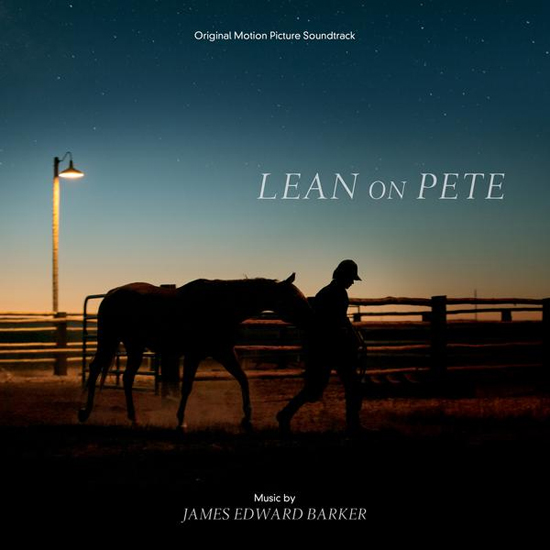
I’d never heard of James Edward Barker before this film, but it’s certainly made me look to seek out his work in the future. Andrew Haigh’s picture about a boy and his horse sounds on paper like a weird mix of War Horse and Charlotte’s Web, but filtered through Haigh’s style and Barker’s music, it’s a lot less obvious than you’d imagine. Barker’s score is emotional but not overtly so, it washes over you in a haunting and ethereal way and the connection between boy Charley and the title character (the horse) is emphasised, but not underlined.
9. HOTEL ARTEMIS (Invada/Lakeshore)
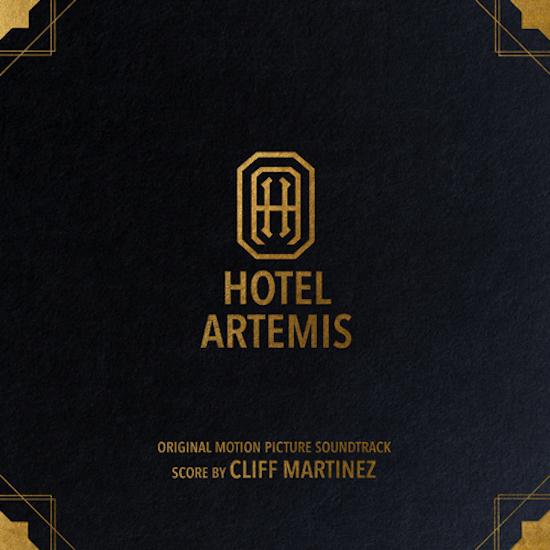
Cliff Martinez is always a reliable gent and came through again with this tense score for the Jodie Foster science fiction thriller. Of course it’s full of droning and Martinez’s customary under-the-surface needling but it takes those, along with his hypnotic and incisive melodies, and extrapolates them into something leaner and more cutting. Amazingly, despite squeezing your nerves it still retains his laid-back sensibility, a bit like Vangelis’ Blade Runner where there’s a layer in-between active and ambient. A good space to occupy.
8. ARCADIA (Invada)
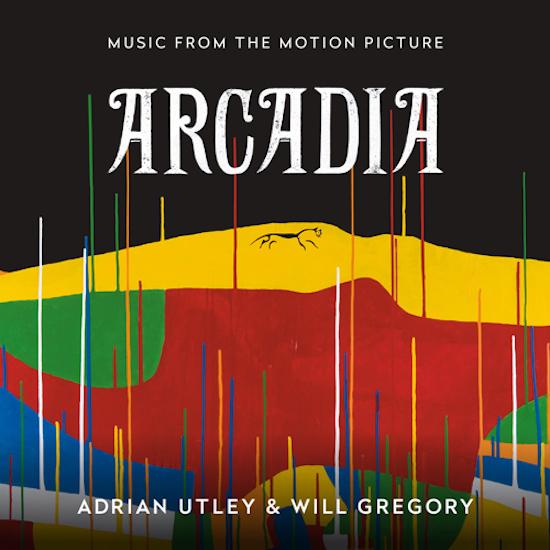
Adrian Utley and Will Gregory’s documentary score has an instantly mesmerising sound, the folk vocals of Anne Briggs conditioning you for the trip backwards and forwards that you take, visually and sonically. What has been put together feels like a cultural tapestry of works around the British landscape from the 60s, 70s, and 80s, and it’s both beautiful and haunting, and a little bit Airwolf. It’s also essential, another example of the way British music is taking its soundtrack inspiration from traditional genres to echo it back into the film music world.
7. REVENGE (Death Waltz)

Rob aka Robin Coudert is best known for his incredible score to the 2012 Maniac remake and what he does here for Coralie Fargeat’s rape and revenge picture is both a spiritual follow-up and galaxies away. Still retaining that throbbing beat that almost hypnotises your brain so it can open up to everything else that comes through, it immediately has a grimier, single-minded aesthetic. There’s a weird groove to it that feels like it’s echoing the hyper-weird science fiction electronics of Gil Melle and the Radiophonic Workshop, while another that just goes for a much more threatening and aggressive vibe, which frankly makes it a challenging listen in places. That’s a good thing.
6. POSSUM (Room 13)
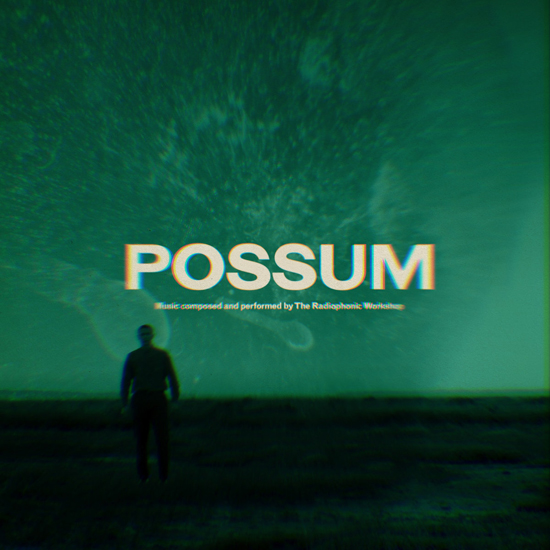
Lots of talk about the Radiophonic Workshop and here they are in 2018 doing their thing, which is amazing in a way that they’re doing this and amazing that it’s so fucking good. Matthew Holness’ horror required a special touch and it gets it, with the initial reaction coming from the score is that it’s just harrowing. I mean, it’s just absolutely unsettling from the first moment and may require you to buy some plasters or skin cream for the inevitable patch of skin on your hand you’ll end up tearing up with your nails. There’s a true melancholy running through the score that you can almost see degrading in front of your eyes and being replaced with sheer terror, and it all feels fresh and all too real.
5. KIN (Rock Action)
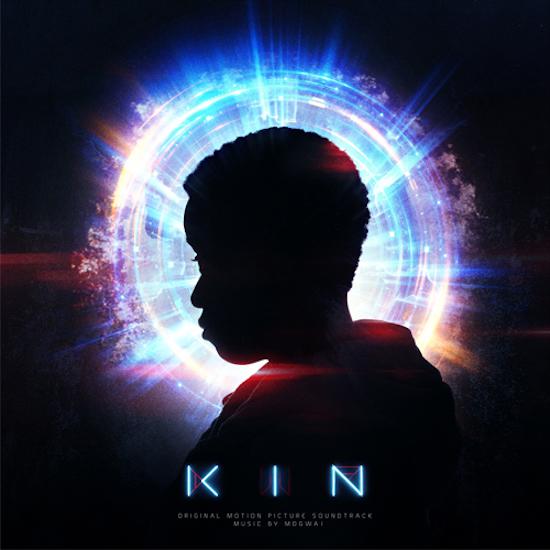
From the moment you hear Mogwai’s dreamy keyboards open the score, the more psychically attuned of us knew that it was going to be a winner (also, it’s fucking Mogwai). They’ve always been an act effortlessly able to produce sounds so texturally defined and it helps here so much, allowing for something so tangible and grounded – often key for science fiction cinema. Subsequently it builds up what are always inevitable melodies with that fatalistic sound they’ve always produced, which here uses that to hook right into you.
4. HAPPY NEW YEAR, COLIN BURSTEAD (Lakeshore)
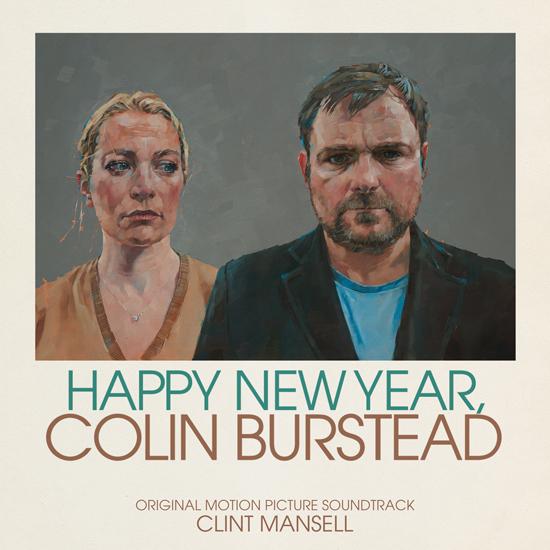
Clint Mansell does wonderful Celtic tunes, a striking set of intimate pieces that utilise that most underused of orchestra sections, the woodwinds. It’s a score that has an absolutely beautiful colour to it and you can see where it could fit in with Ben Wheatley’s previous folk work, but as gorgeous as it begins all is not well and it descends and descends. There’s something dangerous here, something that it feels like we shouldn’t be hearing and as such it’s all the more seductive for it. Once again Mansell shows himself up to be one of the best contemporary film composers, and holy shit this is essential.
3. HAGAZUSSA – A HEATHEN’S CURSE, (Antifrost)
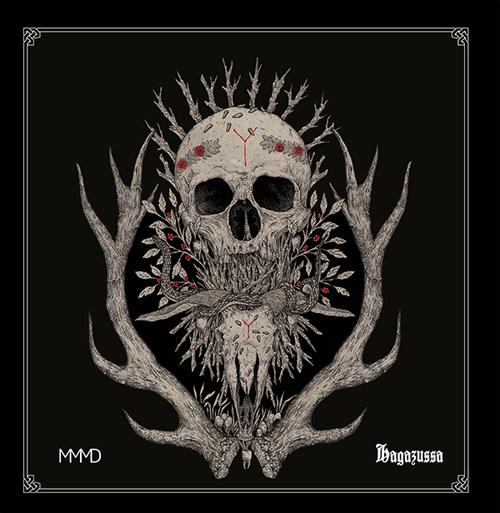
I’ve been trying to shout about MMMD’s score to the upcoming folk horror to everyone I know and have subsequently made myself a bit hoarse, but it’s worth it. This score is amazingly, a dark-as-fuck journey into European myth and medieval practices with a relentlessly patient approach, unsettling and uncomfortable yet also incredibly relaxing. It feels at times like you’re listening to real folk-horror tunes coming from a nearby forest, and if that doesn’t terrify you, you may need to check for hooves. My review said it was "like watching Bergman while the sound from the screen next door playing Suspiria bleeds through to conjugate." That was pretentious, but I absolutely stand by that.
2. ANNIHILATION (Invada / Lakeshore)
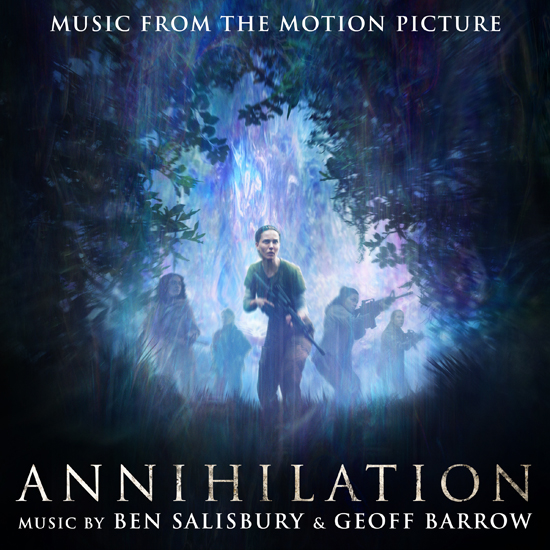
There are few guarantees in the film music world, but one of them is that an Alex Garland picture will inspire some great and fascinating music by Geoff Barrow and Ben Salisbury, and Annihiliation just confirms that. What makes the score so great is the constant dispute at its centre between the horror and reality of the situation and emotional sadness, mirroring Natalie Portman’s lead character. It’s terrifying in places but also full of awe, of the the wonder and cruelty of science and nature.
- YOU WERE NEVER REALLY HERE (Invada/Lakeshore)
It’s difficult to say much more about Jonny Greenwood’s score that hasn’t already been said, and in the same vein Lynne Ramsay’s film. It’s difficult to reconcile how a score to something so brutal, even in the brilliantly suggestive way Ramsay and Phoenix play it, can be so beautiful but here we are. I mean yes it’s unsettling, but inside that is just the incredible way in which Greenwood plays around with the disparate elements and coherently focuses them all. There is no limit to what this guy can do. Next-level.
NEW RELEASES
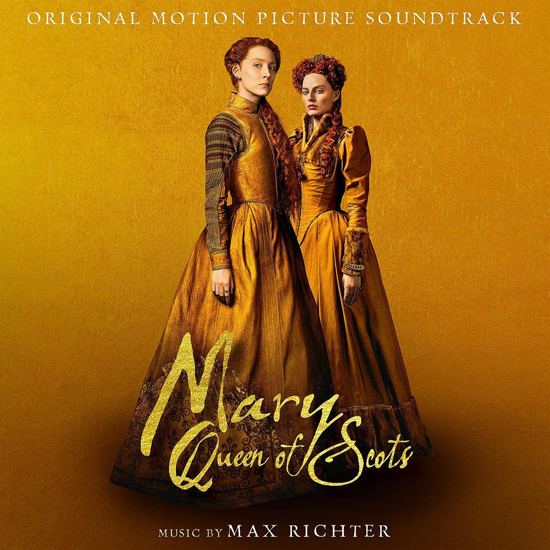
I could listen to Max Richter’s music for days on end and ,MARY QUEEN OF SCOTS (Deutsche Grammophon, out now) is no exception. What you have here is a gorgeous traditional score by Richter, with a stunning main theme that really brings home the glory and the decadence of the period and its events. The use of percussion across the score shows real innovation and a sense of authenticity, and it just shows Richter’s ridiculous aptitude for any kind of film scoring to the point where everyone else should probably just give up. Greenwood vs Richter would be the modern white equivalent of the Rumble in the Jungle, also with less bruises. Maybe.
Ignore the Imagine Dragons crap and with RALPH BREAKS THE INTERNET (Disney Music, out now) you have a lovely melodic score from the most Jekyll and Hyde composer in the universe, Henry Jackman. To be fair, based on this and the first Wreck-It Ralph it might be that Disney just allow him to run wild, and this is a great thing as he just sounds like he’s having fun and this is refracted through the music. What’s great is that it’s a film composer’s take on chiptune, and that’s a pretty wonderful thing, especially when it’s working in tandem with the orchestra. Yay, Henry Jackman.
Everyone that has scored a Predator movie has basically just tried to be Alan Silvestri and repeat the first two scores and not much has changed with THE PREDATOR (Lakeshore, out now). The problem is that Henry Jackman is not Alan Silvestri, although he doesn’t make a bad go of it. There are some nice moments for the child in the picture, but it just feels like mimicking. Take a leaf from the Alien movies, where they felt like they were in the same wheelhouse but didn’t take directly from each other (mostly). Boo, Henry Jackman.
I love THE BALLAD OF BUSTER SCRUGGS (Milan Records, out now). I mean, I love music from Westerns in general and this just feels great, a wonderfully melodic and melancholic throwback with some hilariously brilliant songs and score from the great Carter Burwell. What’s amazing is the seemingly effortless way he’s able to capture a true sense of Americana, but still inject that black humour the Coen Brothers’ work always demands along with an emotional resonance. And did I mention the songs are great? Fantastic.
David Arnold’s real talent in life is scoring James Bond movies, and perhaps his best was the 1999 semi-good instalment THE WORLD IS NOT ENOUGH (La-La Land, out now). Now expanded and remastered, it’s a fantastic presentation of a truly great score, with Arnold really blending well the orchestral and electronic elements that were frustratingly disparate in GoldenEye. It doesn’t hurt that it sounds amazing and with Arnold writing the Garbage song as well it means that it’s right there on the album. In a more sobering vein, it’s now been twenty-five years since Steven Spielberg’s incredible holocaust drama SCHINDLER’S LIST (La-La Land, out now), and one of the greatest elements is still John Williams’ landmark score. Here it’s been remastered and reissued with some bonus tracks, although it still remains in the same initial programme as it did in 1993, and I defy anyone to listen and not just be utterly moved, even from just the beauty of the music as opposed to the heavy source material. The remastering is fantastic and really brings out the beautiful solo work and the extra tracks are nice to have, but really it’s just an essential score to own.

